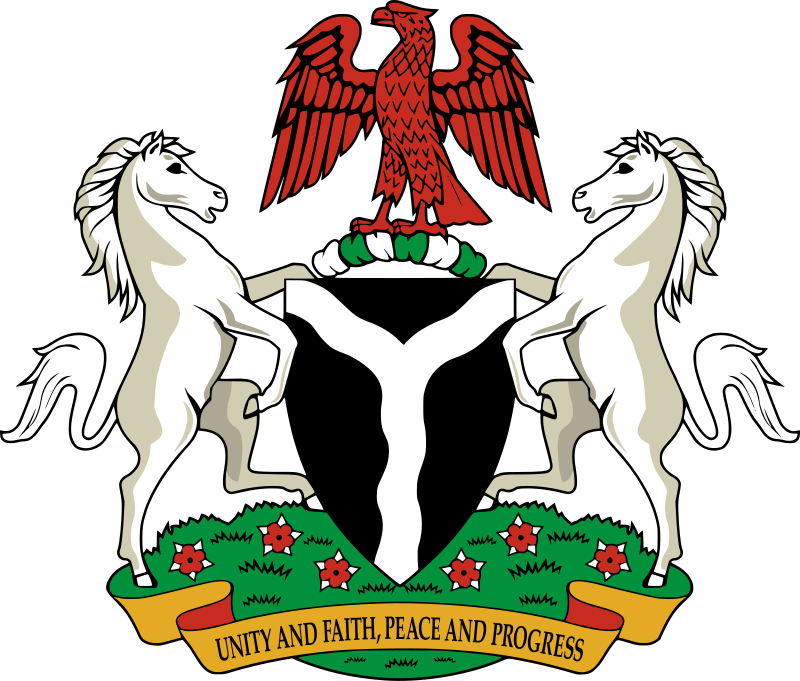CBN Raises Benchmark Interest Rate To 16.5%

The Central Bank of Nigeria (CBN) has raised the Monetary Policy Rate (MPR) from the 15.5 percent held in September, 2022 to 16.5 percent.
CBN’s Governor, Mr Godwin Emefiele announced the development shortly after the Monetary Policy Committee (MPC) meeting on Tuesday, November 23, 2022 in Abuja.
Emefiele noted that the Committee’s decision to raise the MPR by 150 basis points was to control the increasing rate of inflation in the country.
Recall, the National Bureau of Statistics (NBS) in its October Consumer Price Index (CPI) Report put the country’s inflation rate at 21.09 percent.
Emefiele said, “the MPC noted that inflation has continued an uptrend, even though at a decelerating rate, despite its last three consecutive sizeable policy rate hikes.
“The Committee’s choices were on whether to further hike rates or pause for the impact of the last three rate hikes to continue to feed through the economy.
“At this MPC, therefore, the options considered were primarily to hold or further tighten the policy rate. The option to loosen was not considered as this would gravely undermine the gains of the last three rate hikes.
“The Committee thus voted unanimous to raise the Monetary Policy Rate (MPR). Nine (9) members voted to raise the MPR by 100 basis points and 2 members voted to raise the MPR by 50 basis points.
“In summary, the MPC voted to: Raise the MPR to 16.5 per cent; Retain the asymmetric corridor of +100/-700 basis points around the MPR; Retain the CRR at 32.5 per cent; and Retain the Liquidity Ratio at 30 per cent”, he said.
The MPC Chairman said, “the committee was concerned that the global inflationary pressures have continued to trend higher and financial markets were also facing challenges. It observed that this was indeed the trend in Nigeria, with inflation attaining 21.09 per cent in October, 2022.
“The Committee, however, seized the opportunity to appraise the efficacy of its decisions at the last couple of meetings, and came up with the conclusion that the decisions were beginning to yield the desired results, given that the rate of increase in inflation was beginning to moderate, in view of the month-on-month deceleration in prices presented by the Consumer Price Index.
“Members noted that though the global economy was progressively weakening due to the various headwinds derailing the recovery, domestic output growth remained positive as a result of the combined support from fiscal and monetary policy.
“The MPC, therefore, urged both authorities to continue to harmonize their various policies to achieve the desired objectives of stable prices and steady growth.
“In reaching the decision of whether to loosen, hold or tighten the stance of policy, Committee felt that, given that all the causative factors, such as the Russia-Ukraine war, supply chain disruptions, slowdown in China, rising inflation in advanced economies and other headwinds were still dominant, a loosen option was not desirable at this meeting.
“The Committee also felt that, with the rising inflation, loosening the stance of policy would lead to a more aggressive rise in inflation and erode the gains already achieved through tightening.
“As regards whether to hold, MPC was of the view that a hold stance at a period close to December festive season and expected heavy spending during the 2023 general election at a time of high inflation would greatly jeopadise the gains of the previous policy rates hikes and plunge the economy deeper into the inflation trap.
“The MPC therefore decided to continue to tighten, but at a somewhat lower rate, noting that tightening the stance of policy would narrow the negative real effective interest margin and thus improve market sentiment and further restore investor confidence.
“MPC also felt that recent developments in terms of observed month-on-month deceleration in the rate of increase in inflation, suggests that the previous tightening policies were yielding the expected outcome. It therefore felt that sustaining the tightening would further consolidate the decline in inflation, albeit more significantly”, Emefiele said.






